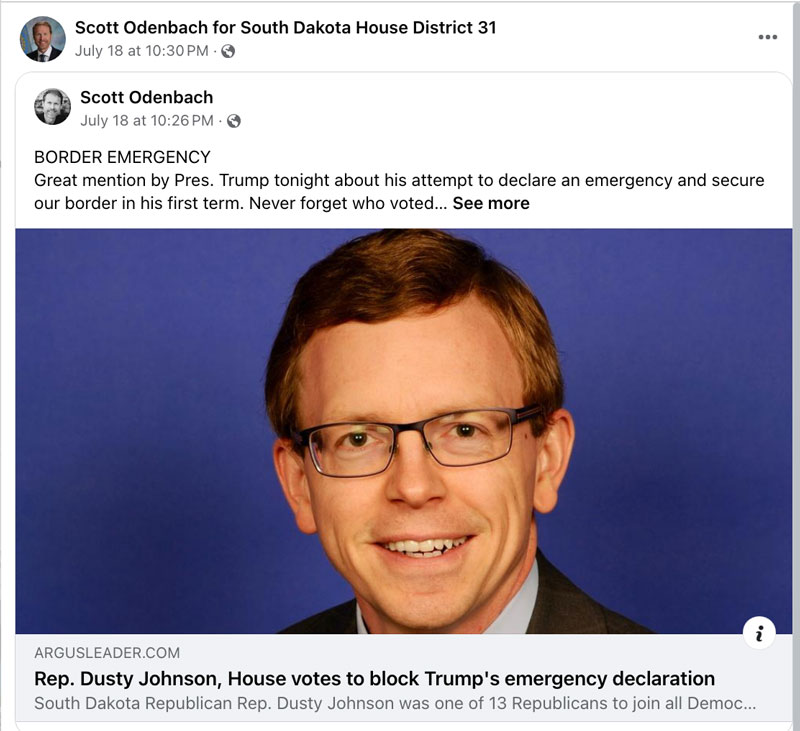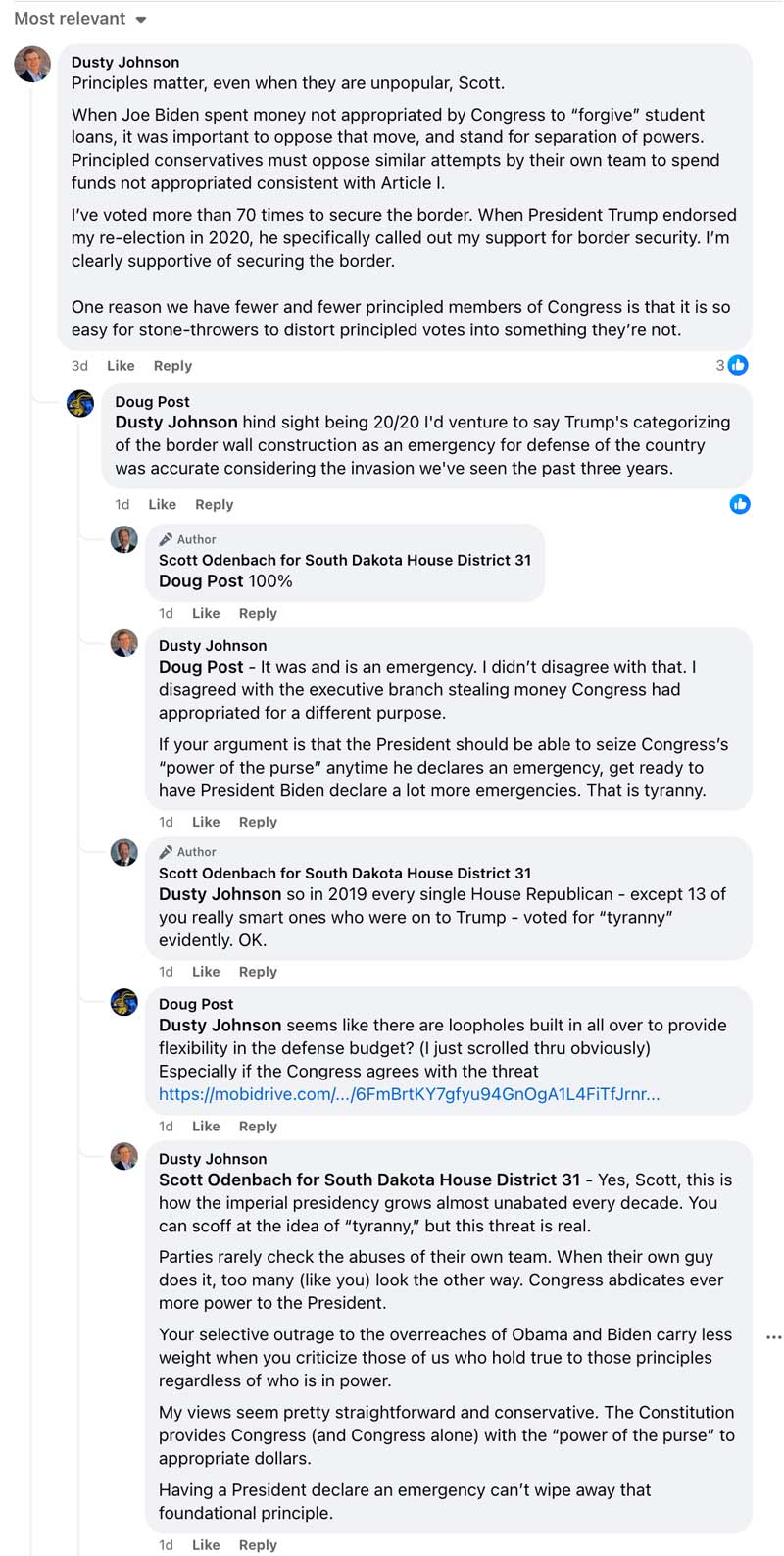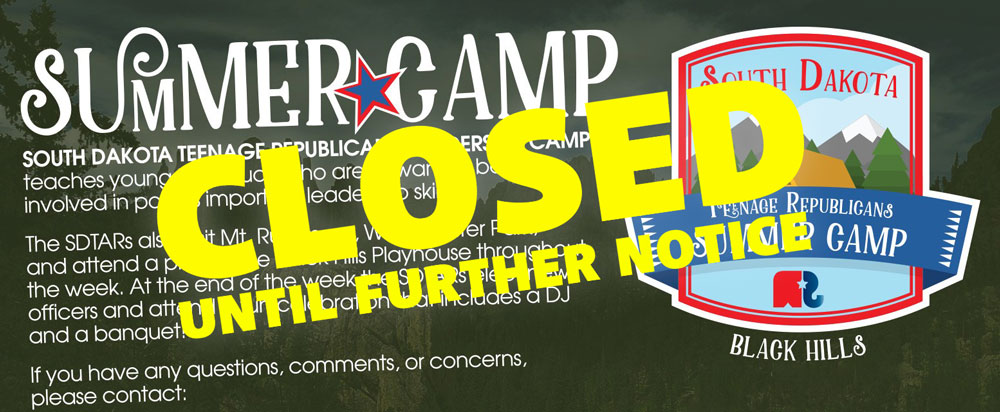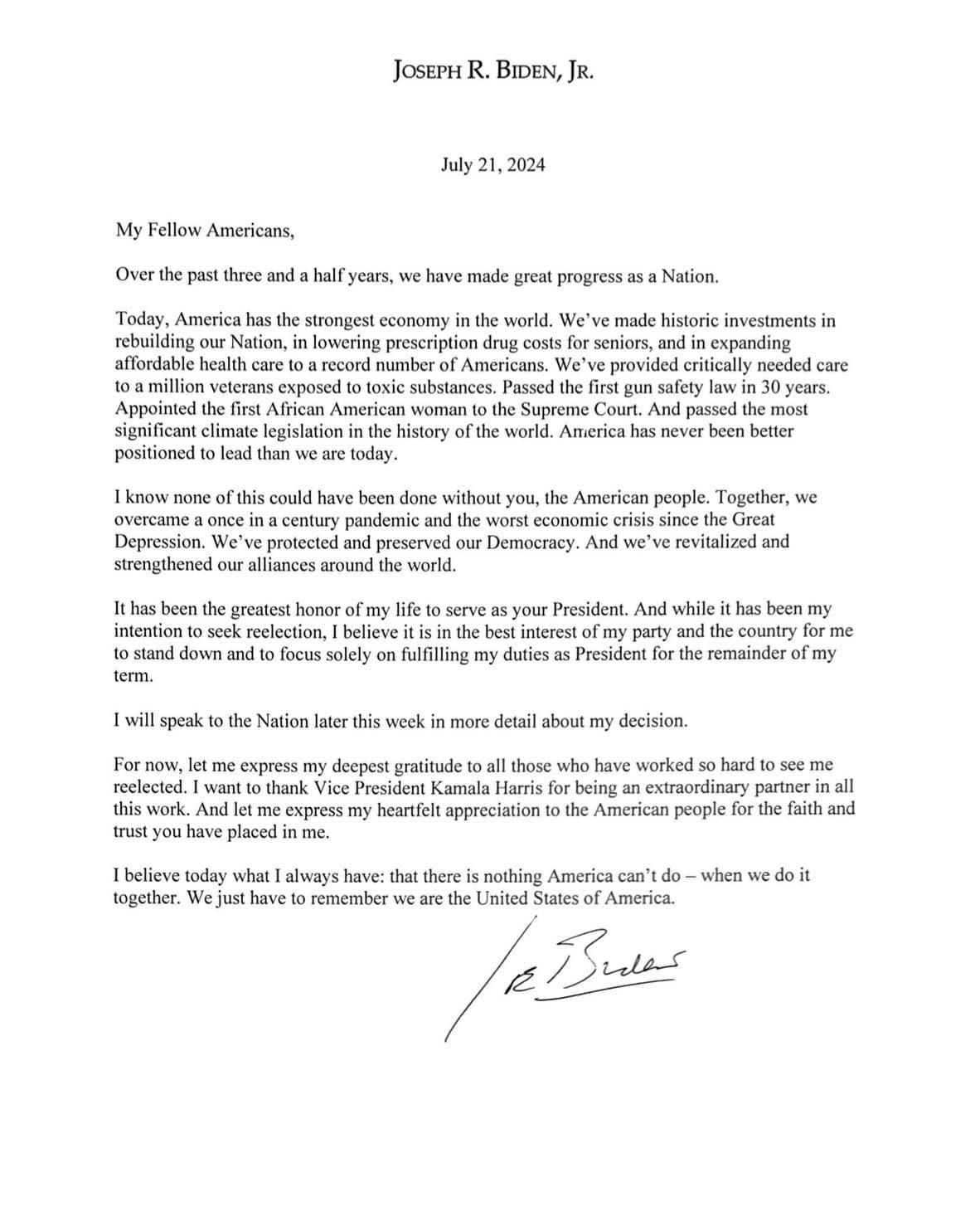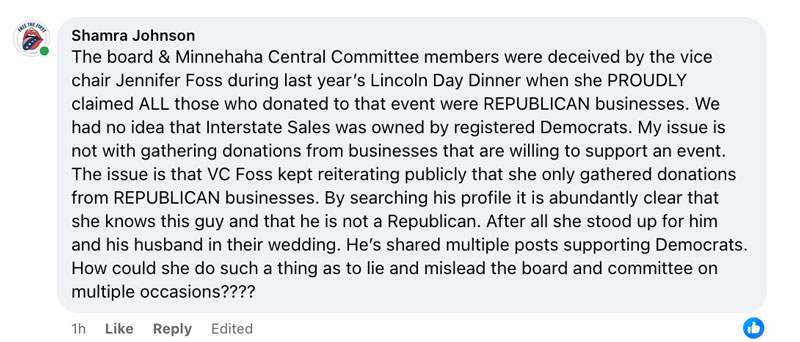As we inch closer to the fall elections, both Democrats and Republicans are raising money through their Federal accounts. This month, Democrats had a nice bump with money coming in in the lead-up and post State convention period, with a big influx of in-state donations that don’t seem to be coming the way of Republicans in their latest report:
July 2024 Sddp Fec by Pat Powers on Scribd
Dems raised a total of $56,329.82 against $41,020.86 of expenditures, leaving them $80,491.04. in cash on hand to fund their activities.
Big takeaways – regular donors. Look at the report. They have lots of in-state donations rolling through. Their people are writing checks and being involved.
—
South Dakota Republicans tell a tale of fundraising that we saw last month from Democrats, where national funds passed through and they got to catch a little of it as it went in and out:
July 2024 SDGOP Fec by Pat Powers on Scribd
The SDGOP Federal account brought in $577,189.50. But don’t get excited, that’s all presidential money that rolled through, as $559,293.36 in expenses instantly went back out the door. $550,352.27 was for “Transfers to Affiliated/Other Party Committees.”
BUT, that little accounting trick left the GOP with nearly $18,000 more in cash on hand than it ended last month in, with $57,370.02. 2 donations went into the party for the state convention fundraising ($5k for John Thune, and $500 for Heidi Engelhart), but otherwise everything was from out of state via the Trump campaign, as Dems did with Biden last month.
That small cash injection was important for the SDGOP, as intra-party chaos has literally shut down many donations. So this allows them to keep paying staff and expenses for another 2-3 months.
Again, I hate to be the canary in the coal mine, but I have to point out that the SDGOP has a SERIOUS donor problem. Looking at the FEC report – they don’t have any. Rolling presidential donors through brings in a little one-time cash, but there are no regular donors sustaining the GOP, and it’s going to catch up at some point.
Add staff expenses, as well as all of the other costs of running a party, and there’s trouble in River City. Trouble that starts with T, which rhymes with D, which stands for donations!
The hard right wave of populism that has been roiling the SDGOP might be bringing in new people who take over county GOP groups, but they have no interest in a healthy Republican Party. If they somehow manage to take over next February, they may find themselves trying to dig up someone to sign a promissory note to keep the party afloat.
Stay tuned.
